The Vital Role of Play in Child Development: Why It Matters
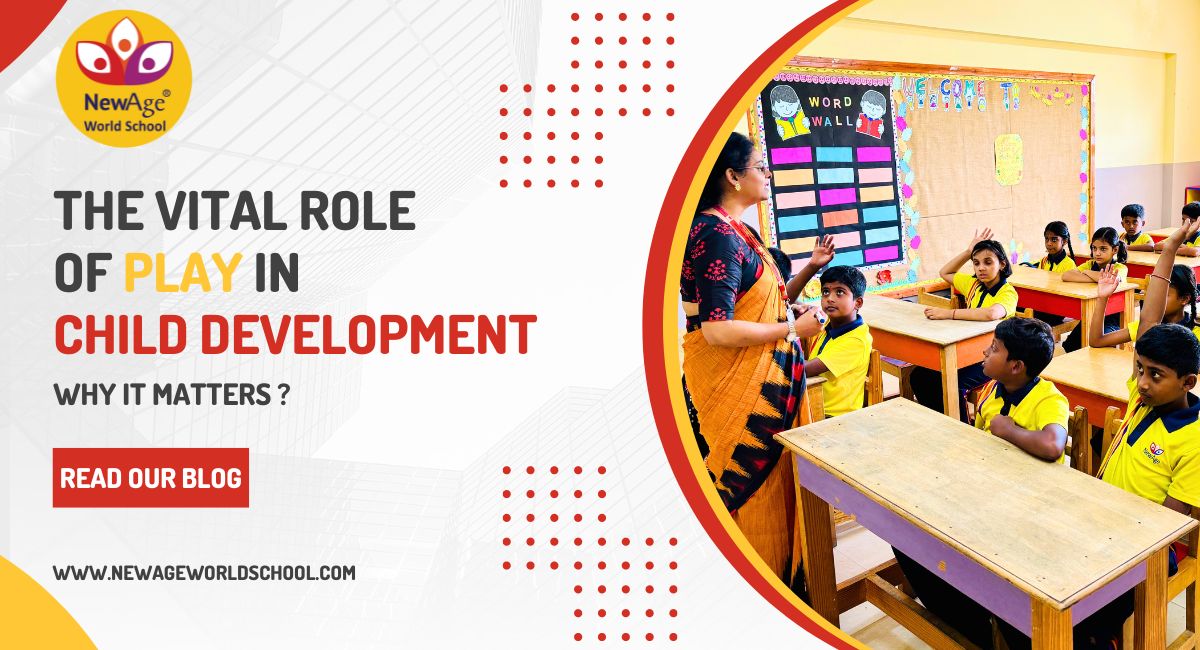
Table of content
Introduction
Play and Physical Development in Early Childhood
The Role of Play in Social and Emotional Development
Communication Skills for Children Through Play
The Power of Creative Play for Children
Play-Based Learning in Early Childhood Education
Learning Through Play: More Than Just Fun
Skill Development Through Play
Conclusion
FAQ
Introduction
When you think of childhood, what comes to mind? Laughter, running around the yard, and pretending to be superheroes? While it may seem like children are having fun, play is much more than entertainment. It plays a vital role in child development, shaping their bodies, minds, and hearts in ways that last a lifetime.
Let us explore why play is such a crucial part of growing up, focusing on how it fosters physical development in early childhood, builds social and emotional skills, and enhances children's communication skills. We will also discuss how creative play for children drives imagination and critical thinking and how play-based learning is a powerful educational tool.
Why Is Play So Important for Child Development?
Children are natural explorers, and play is how they interact with the world around them. Through different types of play, children develop essential skills that will serve them throughout their lives.
1. Play and Physical Development
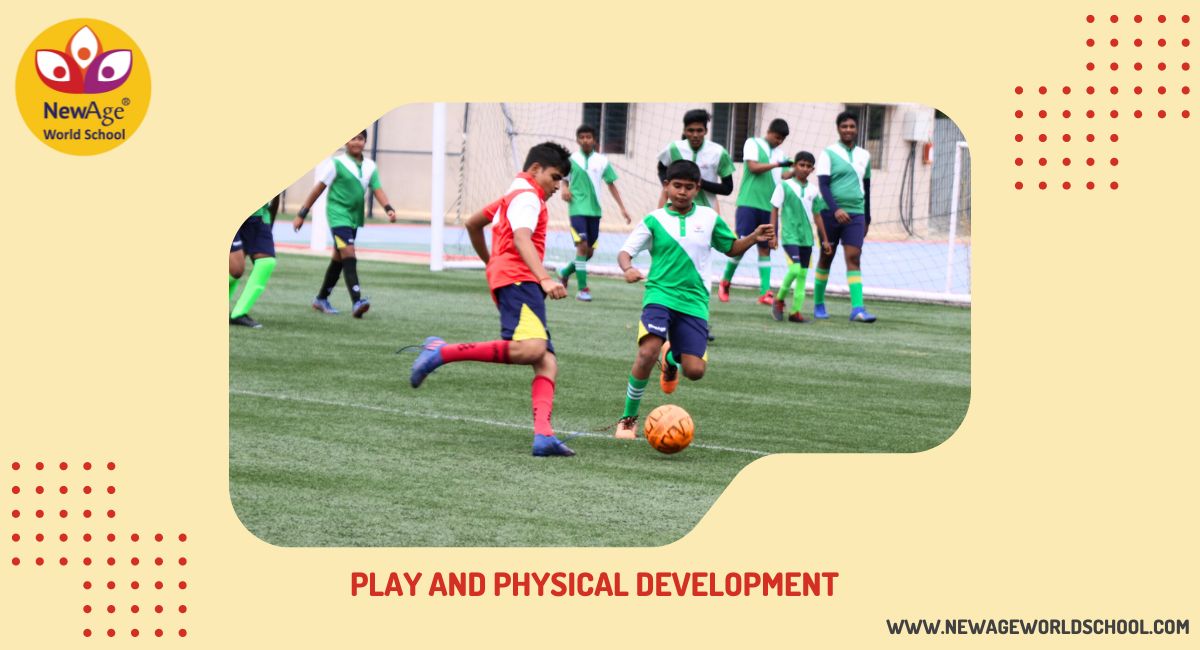
One of the most obvious benefits of play is its impact on physical development in early childhood. Children who run, jump, climb, or even balance on one foot develop their gross motor skills. Activities like building with blocks or drawing help fine-tune their hand-eye coordination and fine motor skills. These activities may seem simple, but they build the foundation for future physical capabilities.
For instance, physical play improves muscle strength, balance, and coordination. Whether jumping on trampolines, swinging on monkey bars, or playing a game of tag, children are constantly learning and growing.
2. The Role of Play in Social and Emotional Development
Social and emotional skills in children are largely developed through play. Children engaging in group activities learn to communicate, share, take turns, and resolve conflicts. These social interactions are key to learning how to cooperate with others and build friendships. Children also develop empathy by understanding the feelings and perspectives of others through role-playing activities like "house" or "doctor."
As children navigate their social worlds, they experience a range of emotions. Playing teaches them to manage frustration, take risks, and face challenges. Play allows them to experience success and failure safely, which is crucial for building resilience and emotional intelligence.
Also read: 10 Social Skills You Can Start Teaching Your Child Now
3. Communication Skills Through Play
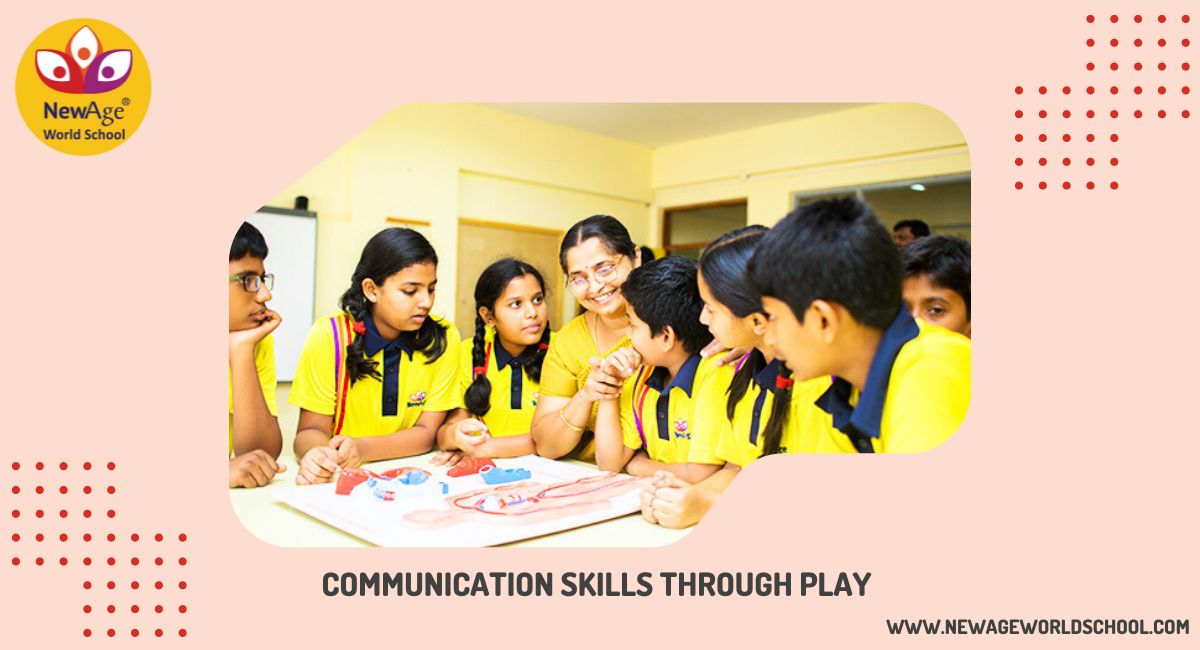
Communication is the foundation of relationships, and it starts early in life. Communication skills for children are often first developed through play. Children practice expressing their thoughts, needs, and emotions by engaging in activities like pretending to be teachers, parents, or superheroes. This kind of play helps them understand the basics of conversation—taking turns to speak, listening to others, and reading body language.
Play-based learning also teaches children to recognize non-verbal cues, such as facial expressions and gestures, essential for effective communication. Games like "Simon Says" or charades are excellent examples of children practicing communication while having fun.
Also read: Top 6 Ways to Improve Effective Communication Skills in Students
4. The Power of Creative Play
One of the most magical aspects of childhood is the power of imagination. Creative play allows children to explore their creativity and engage in problem-solving. Whether they are building castles out of sand or pretending to fly to the moon, these activities stretch their minds and encourage them to think critically.
The benefits of imaginative play are profound. It helps children explore possibilities, solve problems, and think outside the box. When they pretend that a stick is a sword or that a cardboard box is a spaceship, they are not only having fun but also learning to see the world in new ways. Creative play is linked to stronger problem-solving abilities and greater innovation later in life.
5. Play-Based Learning in Early Childhood Education
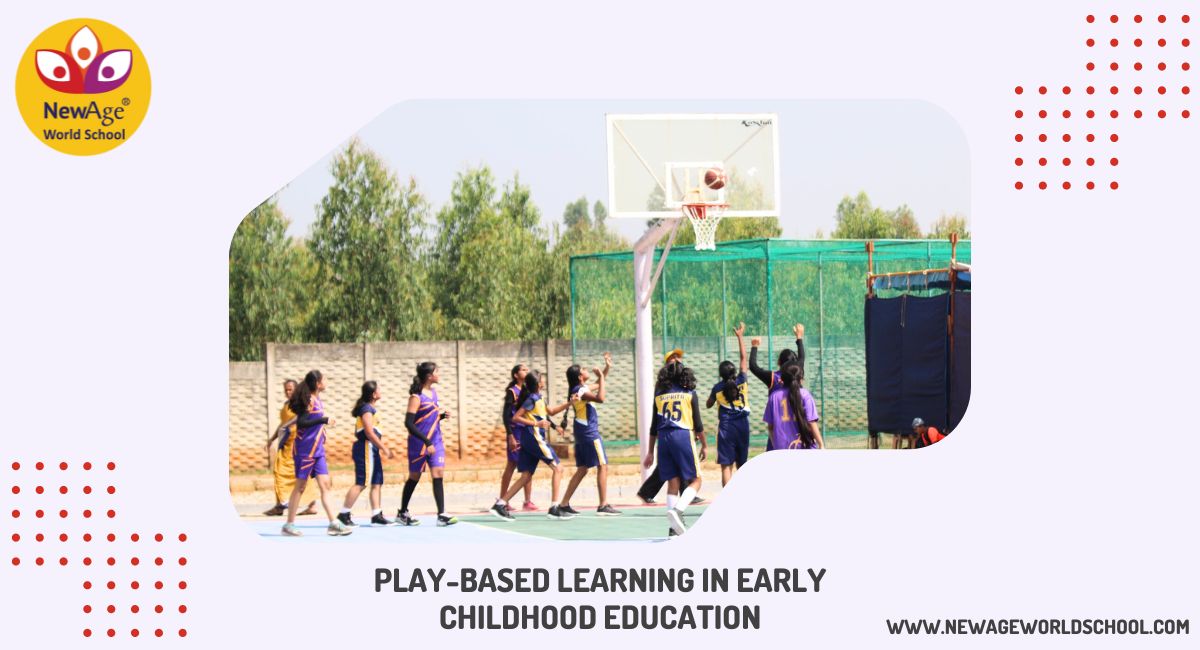
Educators have recognized the importance of integrating play into the classroom in recent years. Play-based learning is a teaching method that uses play as a vehicle for learning. Children engage with educational concepts through structured and unstructured play while having fun.
For example, counting blocks or role-playing as shopkeepers can teach math, while building a model house with blocks can introduce engineering principles. Early childhood education benefits greatly from incorporating play into daily lessons. It makes learning interactive, enjoyable, and effective.
Play-based learning ensures children engage in discovery rather than passively receiving information. It encourages curiosity and a love of learning, which is essential for long-term academic success.
Also read: Top 6 Tips to Balance your Studies and Social Life
6. Learning Through Play: More Than Just Fun
While play is fun, it's also a serious tool for learning through play. Children learn the basic concepts of science, math, language, and art through hands-on experiences. They discover the laws of physics when they build a tower of blocks, and they develop early math skills by sorting objects or organizing items by color or size.
Play can help children develop the skills necessary for formal education. For example, through role-playing games like "school," children can learn to follow rules and work as part of a team. These early lessons prepare them for the more structured learning environment they will encounter in school.
7. Skill Development Through Play
The value of play does not continue after early childhood. Skill development through play continues as children grow. Older children can benefit from more structured activities like sports, arts, and group projects, where they practice leadership, decision-making, and teamwork.
Children can develop essential life skills that will serve them in their future careers by engaging in various types of play. This includes problem-solving, creativity, communication, and resilience. These skills will help them succeed not only academically but also in life.
Conclusion
The importance of play in child development cannot be overstated. From improving social and emotional skills in children to enhancing communication skills for children, play is a vital part of growing up. It helps children develop physically, mentally, and emotionally, laying the foundation for a happy and successful life.
As parents and educators, it is important to recognize the value of play and encourage it in all its forms. Whether unstructured play at home or play-based learning in school, every moment spent playing is an investment in a child's future.
Play is not just fun; it is the work of childhood. By nurturing your child's playful nature, you are helping them build the skills they need to thrive in the world.
As Albert Einstein once said, "Play is the highest form of research."
Frequently Asked Questions
What is play-based learning, and why is it important in early childhood education?
Play-based learning is an educational approach that uses play as a way to teach concepts and skills. It makes learning enjoyable and interactive, promoting curiosity and engagement in children.
What is the role of creative play in child development?
Creative play for children fosters imagination, problem-solving, and critical thinking. It encourages children to explore new ideas and express themselves in unique ways.
How does play help improve communication skills in children?
Communication skills for children improve through play by encouraging them to express their thoughts, understand body language, and practice conversational skills with peers.
What are the social and emotional benefits of play for children?
Play helps develop social and emotional skills in children by teaching them how to cooperate, share, take turns, and resolve conflicts. It also helps them manage emotions and develop empathy.
How does play benefit physical development in early childhood?
Play helps improve gross and fine motor skills, balance, and coordination. Activities like running, jumping, and building objects contribute to physical development in early childhood.
Why is play important for child development?
Play is crucial for child development as it helps in physical, cognitive, social, and emotional growth. Through play, children learn essential life skills such as problem-solving, communication, and creativity.

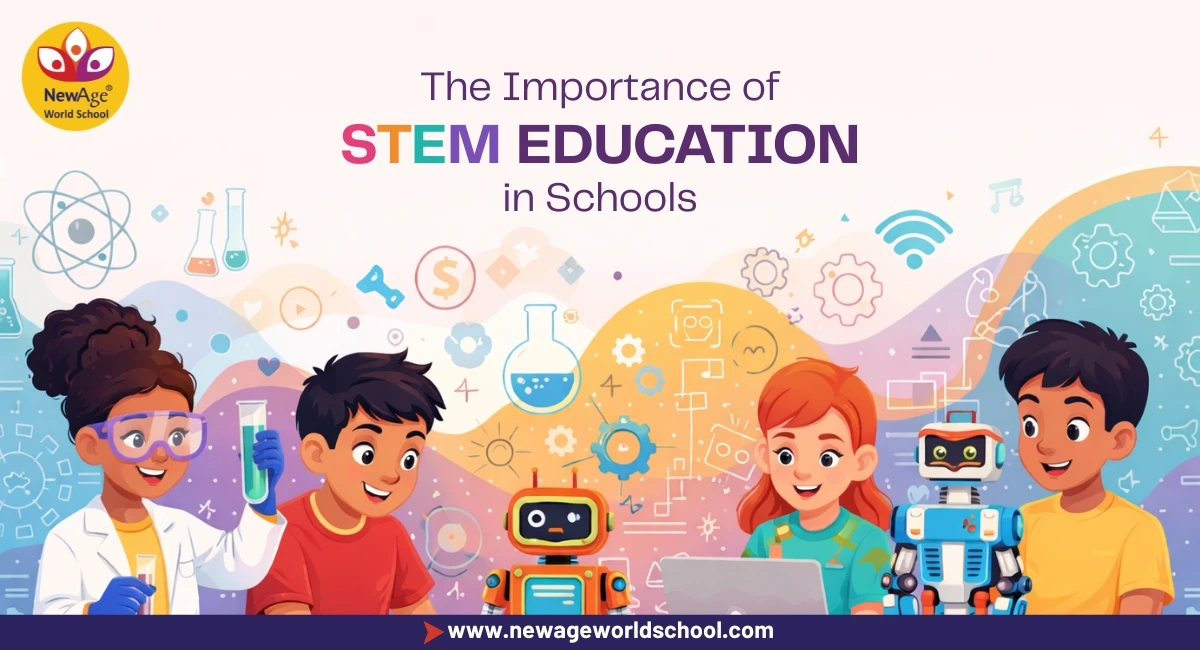







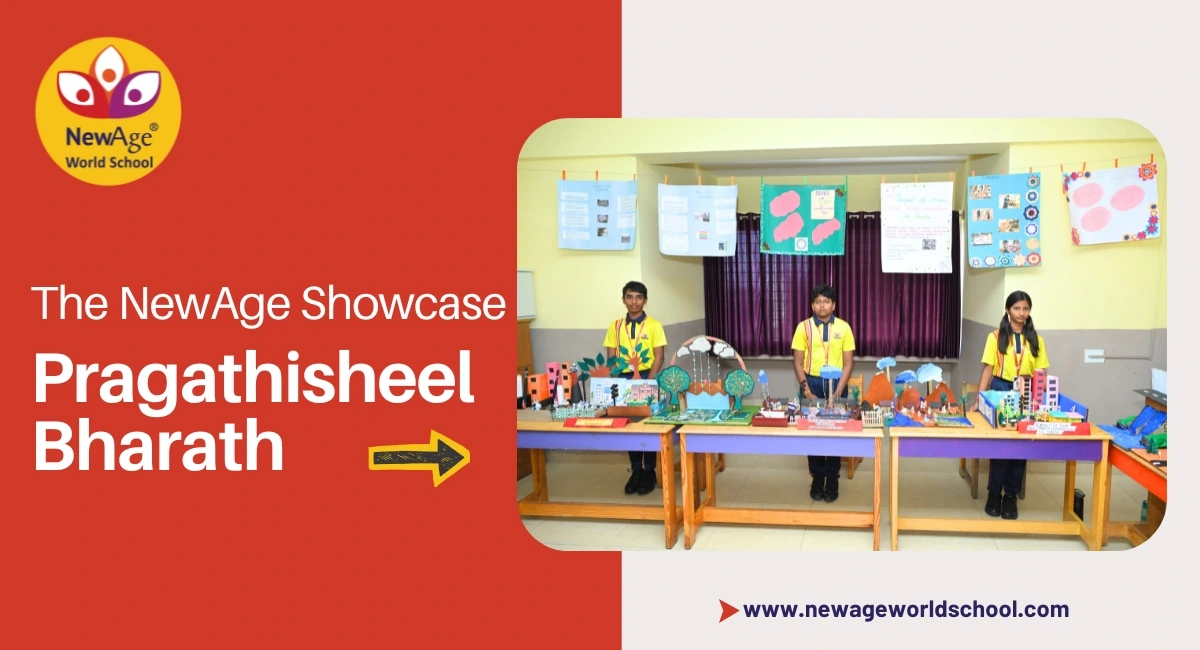



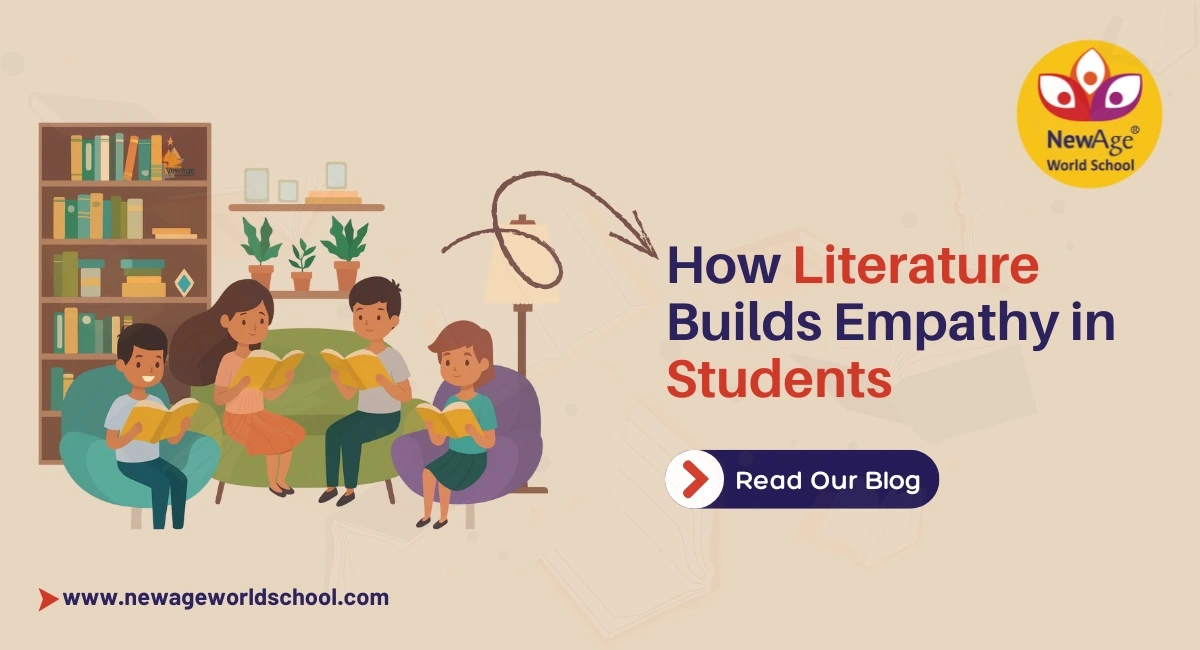



Leave a Reply
Your email address will not be published. Required fields are marked *
Comments
No comments available